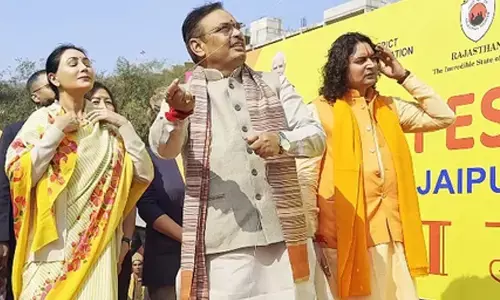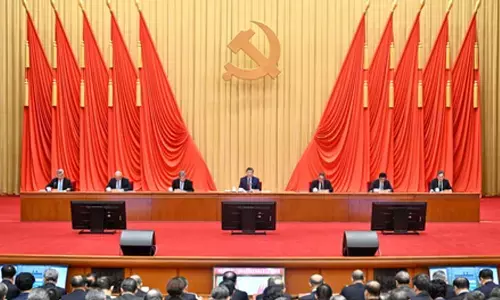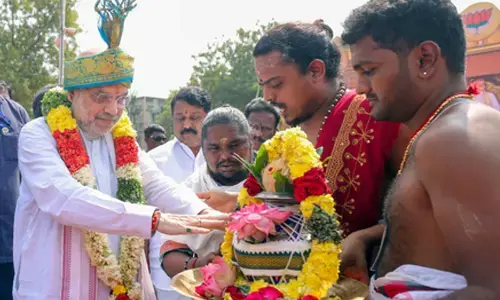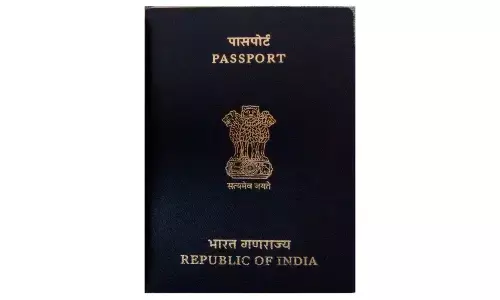Saving the GST
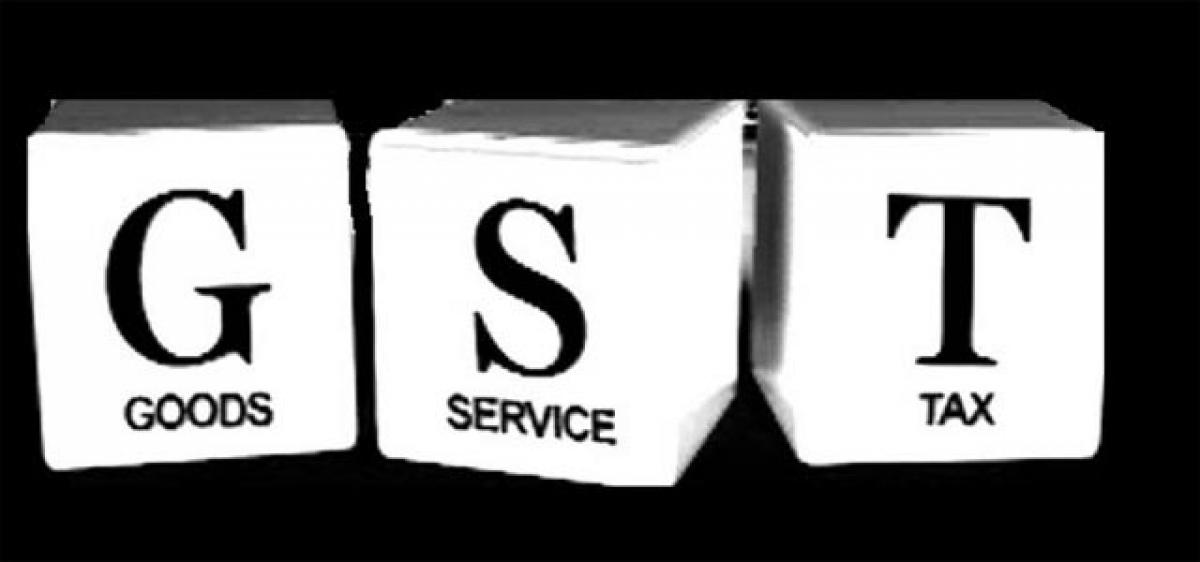
Parliament session came to a close without enacting the GST bill. Though the blame can easily be levied on demonetisation chaos, the uncertainty over tabling the bill in Parliament remains due to as-yet unresolved aspects. States have to arrive at a consensus on the rate structure.
Parliament session came to a close without enacting the GST bill. Though the blame can easily be levied on demonetisation chaos, the uncertainty over tabling the bill in Parliament remains due to as-yet unresolved aspects. States have to arrive at a consensus on the rate structure. The States are united in demanding a greater role in administering the GST. But, in the truncated Indian federalism, notwithstanding the talk of cooperative spirit, the fact remains that Centre would like to play the role of a big brother, much to the chagrin of States, especially those ruled by opposition parties and even allies.
The fiscal federalism leaves little avenues of taxation for the States. The formula for sharing of Central tax revenue with States is also often thrust upon the States. The GST enabling constitutional amendment has further eroded the tax autonomy of the States. The uniformity in taxation deprives States of a choice of taxation to suit its concrete socio-economic conditions or ideological positions. The States are yet to digest this, while retaining the fears of a possible revenue loss due to change in the tax regime.
Meanwhile, the lack of unanimity on a host of issues, despite euphoria over GST, stems out of the complexity and character of such taxation. The GST subsumes various forms of taxes presently levied by both Central and State governments as per its political and administrative choices. Such taxes, which would disappear in the post-GST dispensation, include central excise, service tax, special additional duty on customs, central sales tax, VAT, luxury tax, entry tax and multiple forms of cesses and surcharges introduced over a period of time.
In such a situation, it is obvious that Centre and States have to arrive at a common understanding over the tax administration to avoid harassment and confusion. The Centre and States are yet to come to a common understanding. The States are of the opinion that all dealers whose annual turnover is less than Rs. 1.5 crore should be placed under the administrative control of State authorities, while those having more turnover will be vertically split between Central and State tax administrations. The Union government prefers a total vertical division, irrespective of turnover of the tax dealers.
The Centre and States differ on Integrated GST (IGST) to be levied on inter-state transactions in GST regime. The Centre proposes to keep States away from IGST administration. The States cannot accept this. The new regime intends to exclude States from the territorial waters adjacent to their coasts in regard to administering the new tax regime. The States oppose this. The GST Council can take a decision with 75 percent of votes if there is no consensus. This is the Constitutional arrangement in the new tax. Therefore, Centre cannot force any unilateral decision on States. Only a spirit of cooperative federalism can save the GST.









